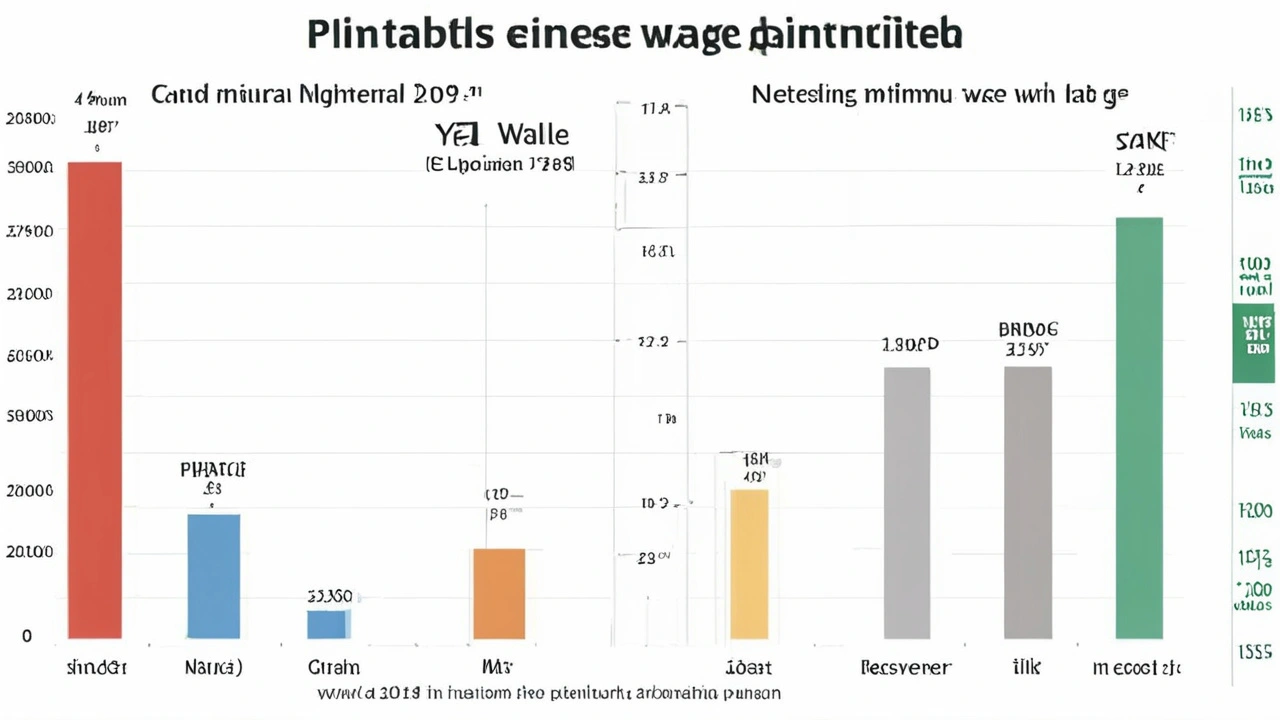Labour unions: what they do and why they matter now
Strikes can shut down a city overnight — and labour unions are usually behind the scenes pulling the levers. If you want clear, practical updates on strikes, collective bargaining and worker rights across Africa, this tag brings the stories and the context you need.
Unions represent workers in sectors like mining, transport, healthcare and education. They negotiate pay, push for safer workplaces and organise collective action when talks fail. When a big strike hits, it’s not just a workplace issue — it affects supply chains, schools, public services and politics.
How to read union news without getting lost
Start by spotting three things in every report: who is striking (which union and which sector), what they want (wages, safety, benefits) and what the official response is (government, employer or courts). Those three facts tell you whether a dispute will be short or drag on. Also watch for mediation offers and court injunctions — those often change the tone fast.
Check the source. Government statements and union press releases give opposing views. Look for on-the-ground reporting or quotes from workers and union leaders to get a less polished — but more useful — picture of what’s happening.
What to expect and how to act
If you’re a worker: ask whether your workplace has union representation and what membership does for you. Key questions to ask your union: what are the costs, what has the union secured in the past, and how will they handle negotiations or strikes? Keep copies of pay slips and incident reports — they help in disputes.
If you’re an employer or manager: deal with issues early. Open talks, document meetings and involve neutral mediators where possible. Ignoring small complaints often turns them into big, costly disputes.
If you’re a reader or business owner: follow developments closely when a strike hits transport, ports or utilities — those are the ones that ripple fast through the economy. Use official updates and local reporting to plan: stock up on essentials, change travel plans, or shift deliveries.
Want reliable follow-up? Track major unions, labour ministries and the ILO for updates and rulings. On this tag page, we collect union stories, background explainers and expert reactions so you can see both the immediate headlines and the bigger picture.
Got a tip or a workplace story? Send it to us. Real change often starts with a single reported problem. We’ll cover it, check the facts and show how it fits into national and regional labour trends.
Nigeria's Labour Demand Could Exceed N85bn Monthly, Warns SBM Intel
By Sfiso Masuku On 11 Jul, 2024 Comments (9)

The labour demand for a higher minimum wage in Nigeria could cost the government N85 billion monthly. The current proposal from labour unions could nearly double government personnel costs, challenging the federal budget and requiring potential adjustments. The debate revolves around a significant increase from N30,000 to N615,000 monthly, driven by rising living costs.
View More




